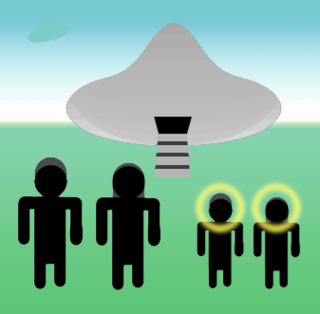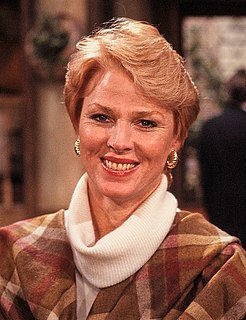A Quote by Markus Zusak
It would then be brought abruptly to an end, for the brightness had shown suffering the way.
Related Quotes
True freedom and the end of suffering is living in such a way as if you had completely chosen whatever you feel or experience at this moment. This inner alignment with Now is the end of suffering. Is suffering really necessary? Yes and no. If you had not suffered as you have, there would be no depth to you as a human being, no humility, no compassion. You would not be reading this now. Suffering cracks open the shell of ego, and then comes a point when it has served its purpose. Suffering is necessary until you realize it is unnecessary.
It sometimes happened that you might be familiar with a man for several years thinking he was a wild animal, and you would regard him with contempt. And then suddenly a moment would arrive when some uncontrollable impulse would lay his soul bare, and you would behold in it such riches, such sensitivity and warmth, such a vivid awareness of its own suffering and the suffering of others, that the scales would fall from your eyes and at first you would hardly be able to believe what you had seen and heard. The reverse also happens.
We would never move forward in the face of negative emotion. There are many people who would teach you otherwise. They say, you've got to face fear to get over it. And all they do is desensitize themselves to the point that they get themselves into situations where they have no idea what's going on, and the end of them comes rather abruptly... And then everyone calls them brave.
I was uncomfortable because I had never been that nude before. I had never shown my legs, and never shown quite that much skin. I always played frigid doctors or the plain sisters who got the guy at the end. What did I know from ladies in caves who ate only meat? And when the outfit came in, I never thought of myself that way. I mean, I always thought of myself as having my father's chest. I was very self-conscious.
If men were equally at risk from this condition - if they knew their bellies might swell as if they were suffering from end-stage cirrhosis, that they would have to go nearly a year without a stiff drink, a cigarette, or even an aspirin, that they would be subject to fainting spells and unable to fight their way onto commuter trains - then I am sure that pregnancy would be classified as a sexually transmitted disease and abortions would be no more controversial than emergency appendectomies.
I would say that by being irresponsibly disorganized, by saying yes to everything and then seeing how it all works out, that I end up in some place closer to where I had imagined I would be, before I started to study philosophy, than I would ever be had I followed through in any sort of responsible way, and become the professor of philosophy that I shudder to think I might potentially have become.
This book is called "Blue Nights" because at the time I began it I found my mind turning increasingly to illness, to the end of promise, the dwindling of the days,the inevitability of the fading, the dying of the brightness. Blue nights are the opposite of the dying of the brightness, but they are also its warning.



































